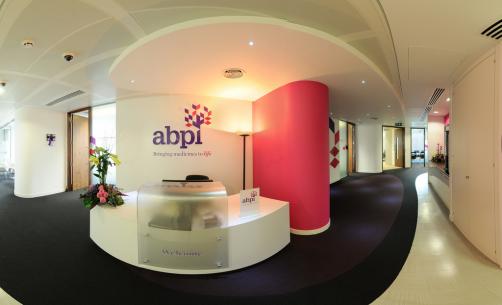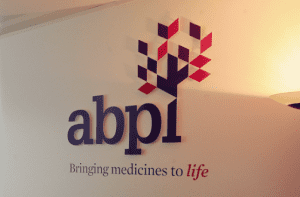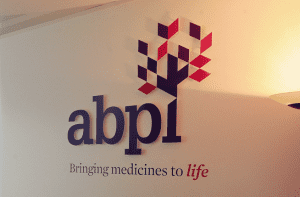
VBP diluted, NHS drugs bill to be reduced
pharmafile | November 5, 2013 | News story | Medical Communications, Research and Development, Sales and Marketing | Horsham, PPRS, VBP
The British government has announced that the UK pharma industry will need to cut the £13 billion annual drugs by nearly 4% next year as part of a new package for drug pricing in the country.
People involved in the PPRS drug pricing talks have told the Financial Times on Tuesday, that drug companies operating in the UK have agreed the drugs bill to the NHS for their patented (but not generic drugs or vaccines) products will fall by 3.7% next year, and be flat in 2015.
They added that over the remaining three years of the new PPRS, growth in the total bill will be capped at less than 2% a year, limiting rises in spending on more expensive new medicines.
As part of the plans NICE has agreed to lower the £30,000 QALY threshold above which a drug is considered too expensive, but will also start to consider the ‘wider societal benefits’ of medicines in line with its cost, as part of a new deal on drug pricing policy.
The negotiators told the FT that their hope is that the scheme will “remove some barriers to NHS adoption of costly, innovative medicines, because pharmaceutical companies will have to offset price rises on new products with discounts on older drugs to meet the overall spending limit”.
Mixed bag for pharma
Further details on the drug pricing scheme are set to published late Wednesday morning (and will be covered by Pharmafile), but sources close to the deal have told the FT that the initial Value-Based Pricing policy has been watered down, with the older PPRS scheme set to remain.
NICE was initially meant to be axed and replaced with VBP boards that would pay for medicines based on new criteria of what the government believed a drug’s value should be, including whether it can reduce the need for social care costs.
But after healthcare professionals complained about its downgrade, NICE was given a reprieve and reinstated as the only health technology assessor in England, leaving the VBP plans in tatters.
VBP was the brainchild of former health secretary Andrew Lansley, but after his chaotic and poorly communicated reform of the NHS he was axed in 2012 and replaced by Jeremy Hunt – a man with less ideological appetite for NHS or pharma reform than his predecessor.
The new plans will see the main elements of the 56-year old PPRS pricing scheme remain, with the new deal set to last five years and to later be renegotiated – just as the PPRS has always been.
This is very much what the ABPI has told Pharmafocus over the last three years that it has wanted to see – elements of VBP wedded to the PPRS, but with the established system allowed to remain.
But the price for this pharma victory has been the enforced price cuts – although they are not as deep as the 15% cuts that were being touted earlier this year for firms not signing up to the PPRS scheme.
This may however, be damaging to the UK economy as many firms – including Pfizer and AstraZeneca in recent years – have pulled their R&D and manufacturing operations out of the UK because of poor uptake and price barriers, such as NICE.
In fact just this week Novartis announced it was looking to cut a further 400 jobs from its R&D site in Horsham, West Sussex, amid a ‘challenging environment’ in the UK – it seems likely that this challenge may relate directly to these new price cuts, coming as they do in the same week as the government’s announcement.
Ben Adams
Related Content

Pharma industry’s contribution to NHS medicines bill tops £1 billion
The pharmaceutical industry has now contributed over £1 billion to the Department of Health towards …

Pharma industry will pay £550m of NHS 2016 drugs bill
A new financial agreement announced this week as part of the Pharmaceutical Price Regulation Scheme …

ABPI ‘deeply concerned’ by slow UK drugs uptake
The UK pharma industry paid £209 million to underwrite the UK medicines bill in second …








